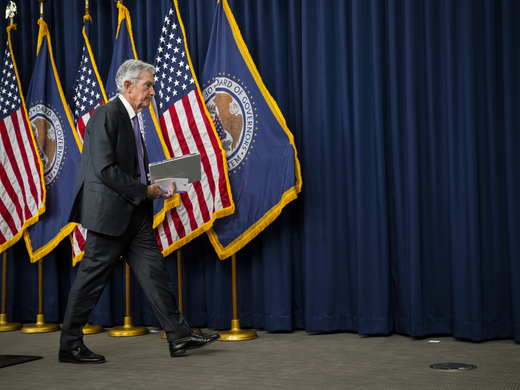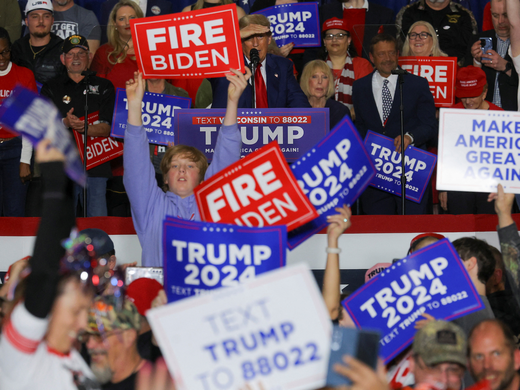This paper discusses the nexus between the Donald Trump administration’s trade policy and International Monetary Fund (IMF) exchange rate surveillance. It reviews the evolution of IMF surveillance and the possible implications of incorporating currency manipulation clauses into bilateral trade agreements. Such clauses constitute a key US trade negotiation objective. While they may reflect genuine concern over practices to thwart international adjustment, they could erode the effectiveness of the IMF at a time of transition and resulting tension in the global economy. Managing this tension calls for a cooperative approach to the issue of adjustment, one consistent with the fundamental mandate of the IMF. An approach based on indicators of reserve adequacy is proposed. Such a framework was briefly considered and dismissed almost 50 years ago, which was likewise a period of tension in trade and global monetary affairs. Prospects for success today are equally dim because cooperative measures to assuage adjustment challenges would require repudiation of the view that exchange rate surveillance is about bilateral trade balances and abandonment of the zero-sum game approach to international arrangements on which Trump administration trade actions are based.


